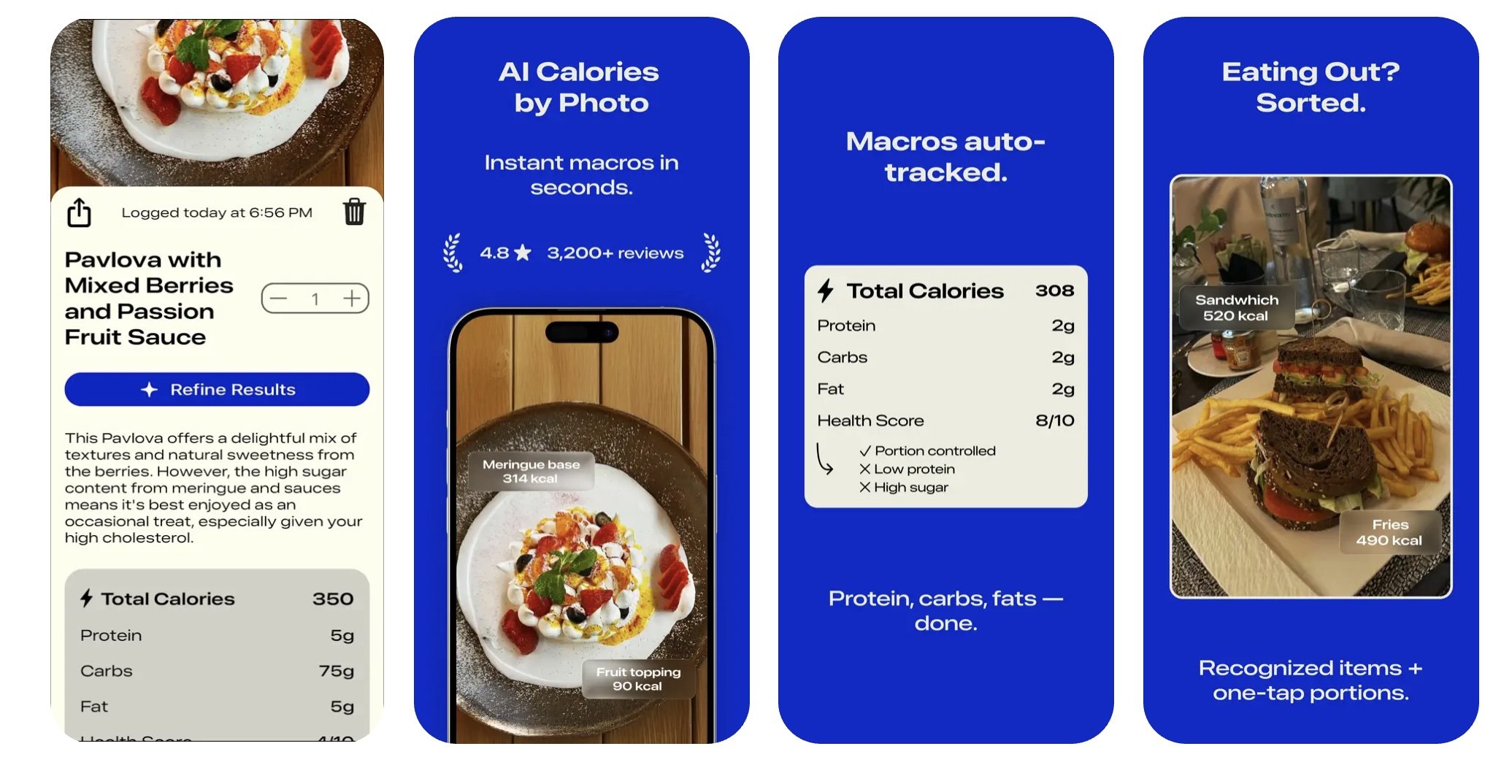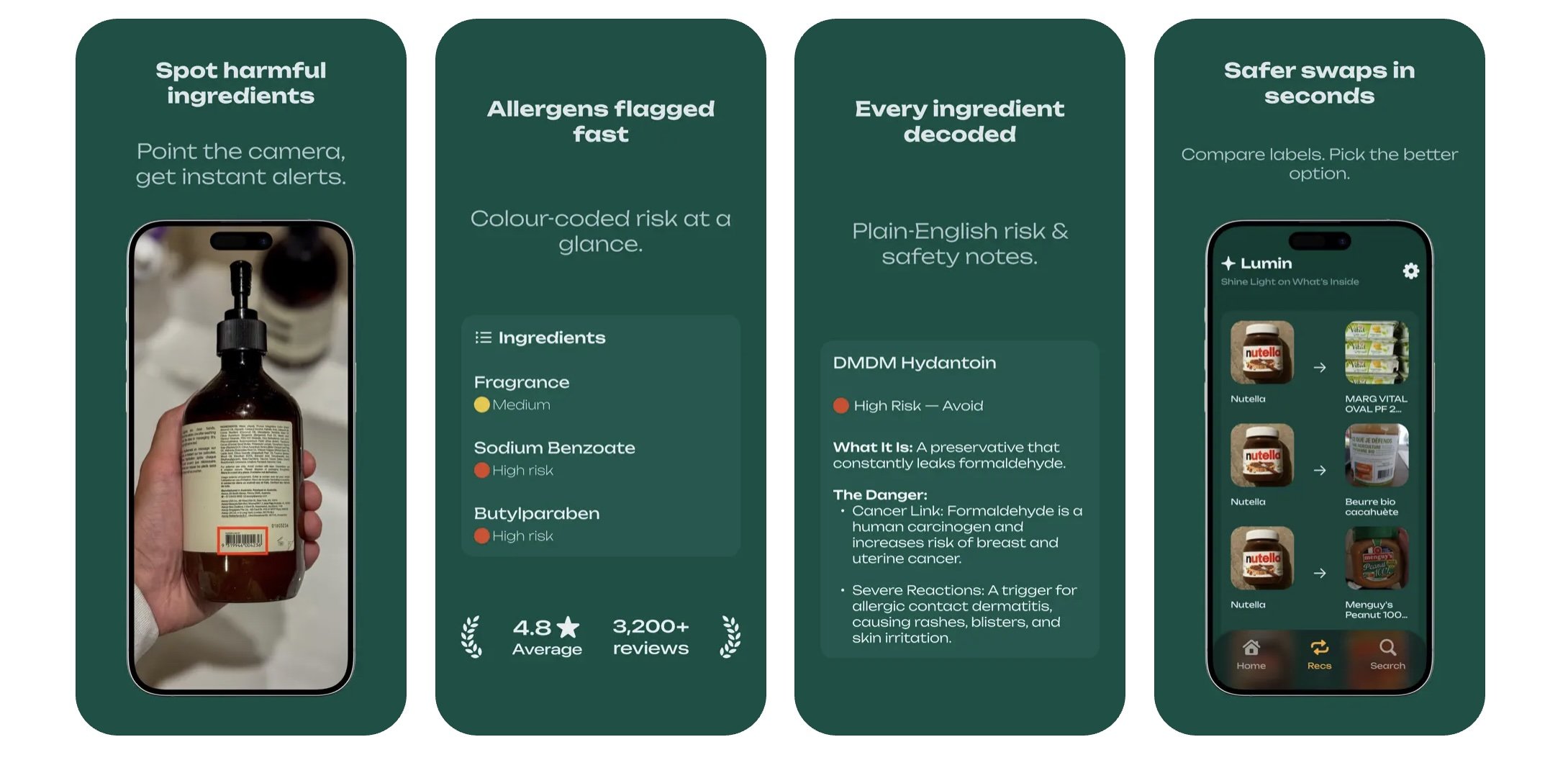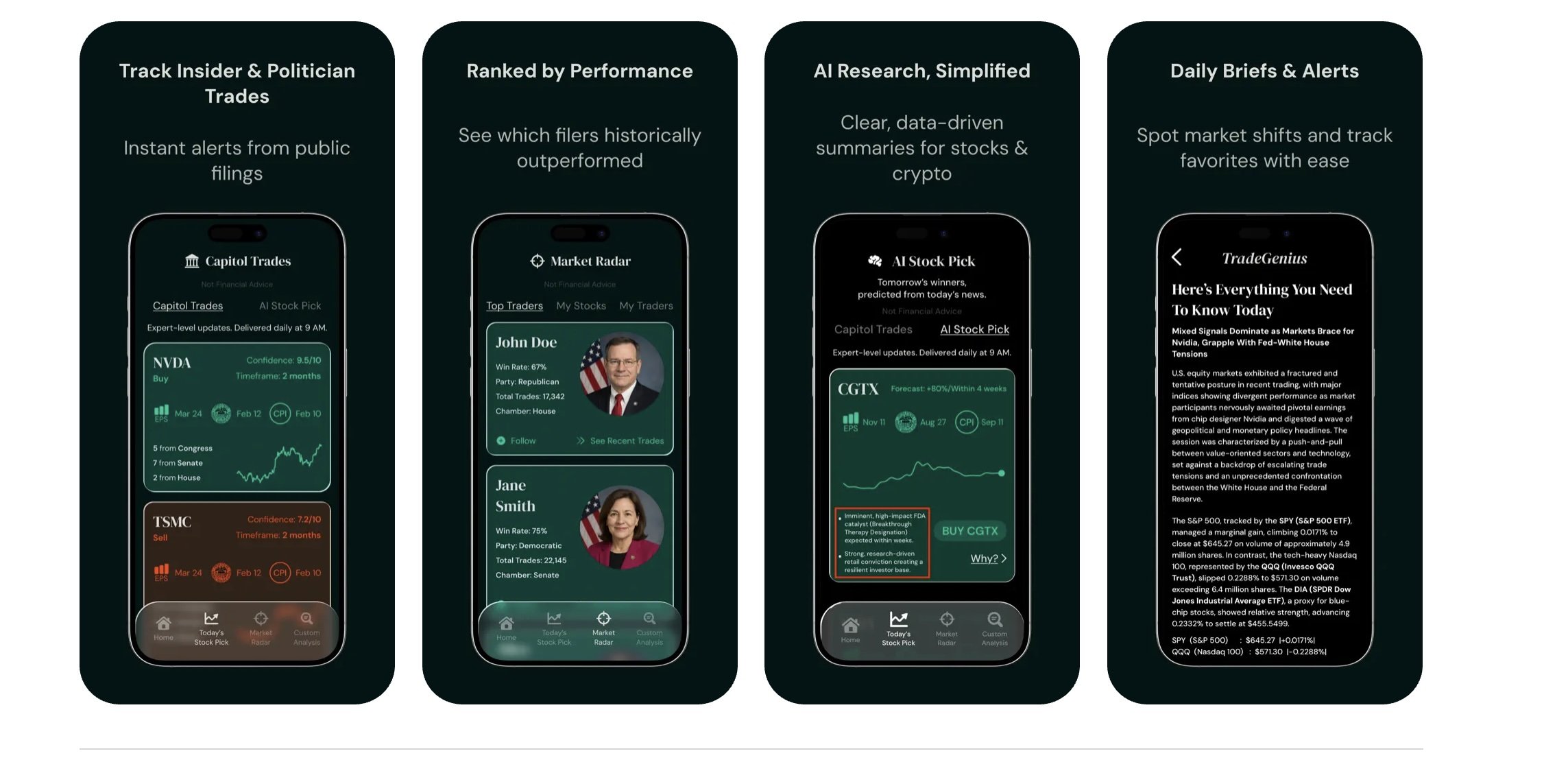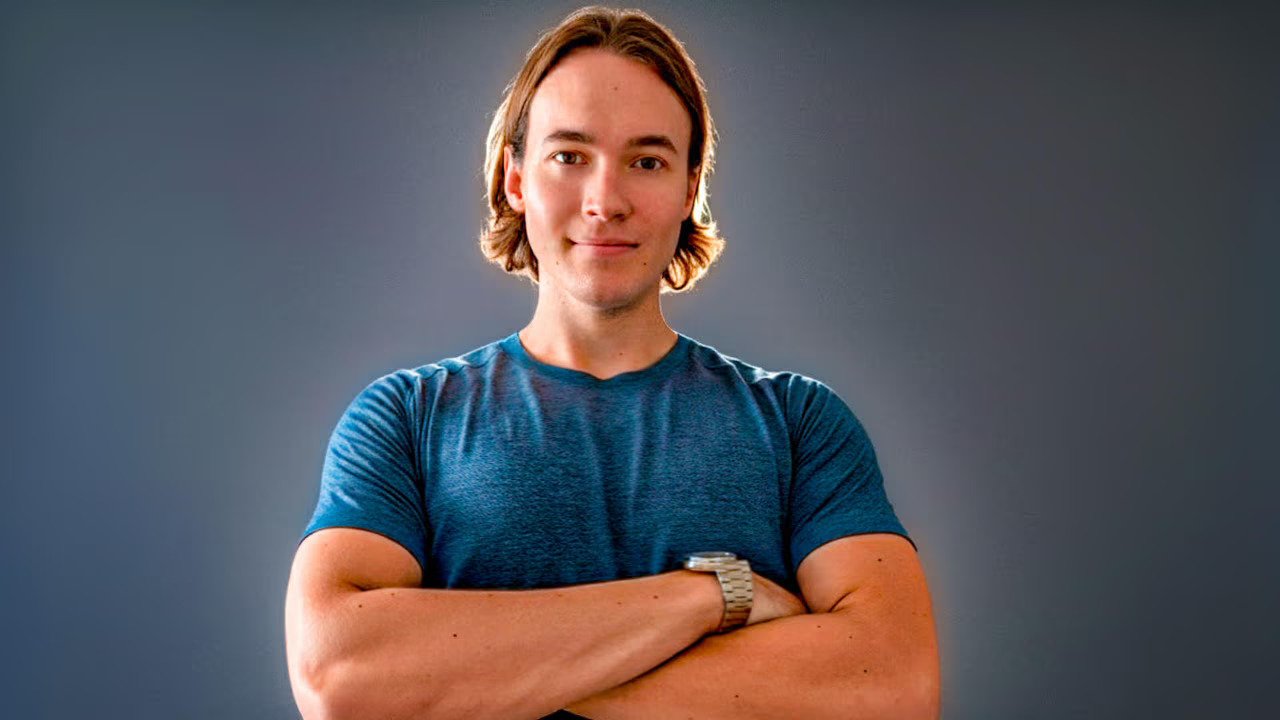At just 18 years old, Robert Mukhametov has already built a mini app empire from his base in Cyprus. He’s founded RM Company, built a team, and created three AI-powered apps that have each climbed into the Top 100 of the App Store — spanning health, finance, and consumer transparency.
What’s more, he’s done it all without a cent of investor funding. And, this is his first job.
I spoke to him to find out how he did it.
No funding, no problem
Mukhametov admits, “When I started at 16, nobody wanted to invest in a teenager,” he recalls.
“They probably thought I’d spend the money on designer clothes. So I asked myself, ‘Why do I even need funding if I can build and market apps myself?’”
He bootstrapped every project, reinvesting revenue from one app into the next.
“When you bootstrap, you learn to spend wisely. You focus on what truly matters — improving user value — instead of wasting money on vanity ads like billboards in Times Square,” he says.
His story shows that high-impact AI products can come from the most unexpected places — and that speed, experimentation, and an obsessive focus on user experience can sometimes rival the resources of much larger, well-funded te ams.
After teaching himself to code and market apps, Mukhametov began experimenting with everyday problems he could solve using AI — starting with nutrition.
“I tried another calorie-tracking app from the App Store and found it outdated and clunky,” he recalls.
“I thought, I can make this ten times better — and cheaper.”
That insight led to CalSnap, which lets users photograph their meals to get instant calorie and nutrition estimates powered by AI.

It’s designed for those who want to lose weight or eat more mindfully without manual entry. The app provides progress tracking, visual meal logs, and daily summaries, making it a quick and user-friendly alternative to traditional calorie counters. It’s currently ranked around 76th in the Health category.

The company’s second effort is Lumin, a shopping-companion app designed to help you decode the ingredient lists on food and beauty products.
By scanning a barcode (or product label) the app generates an easy-to-understand “health score” that reflects ingredient quality, additive risk, and nutritional balance.
It also offers plain-English definitions of every ingredient, explains potential concerns, and suggests healthier alternatives when a product rates poorly. The makers emphasise their independence (no brand tie-ins), so the advice is intended to be unbiased. It’s currently ranked 36th out of 100 in the Apple App Store.

The third app is TradeGenius, which focuses on stock trading and tracks explicit trades made by US politicians and shares that data with regular users. The app offers instant alerts when new filings are published, provides ranked lists of insider performance, and uses AI to simplify complex market data into bite-sized summaries.
Mukhametov discovered that US politicians have historically outperformed the S&P 500, and since the data is public, he thought, “‘Why isn’t there an app that makes this easy to access?”’
According to Mukhametov, “People love it. We’ve even had some conflicts with politicians trying to hide their trades. But
it’s all publicly available data — it doesn’t violate any laws — and we comply with all sector policies. We’re not censoring anything.” It’s currently ranked 52nd in the Finance category.
Beyond that, Mukhametov is particularly excited about expanding into the mental health space — a sector he believes is underrated and full of potential.
The team’s first step is an AI psychologist app developed with input from a professional psychologist.
“There’s a growing need for mental health tools, and not enough good ones.”
What makes a good app?
Mukhametov asserts that apps built solely for profit fail to impress. He believes the right path is to focus on what people actually need — and to maximise perceived value.
“If you do that well, users will come, and some will pay for premium features.”
When launching new products, he believes in releasing them for free first to gauge user interest, noting that “if retention is low, adding subscriptions or premium features won’t help.”
Like many developers, AI has provided a boost in productivity, as according to Mukhametov, “We use AI extensively. For example, we use OpenAI’s Codex models — one of the best on the LLM leaderboard. Every employee has access to ChatGPT. We follow an AI-first approach.”
Mukhametov admits he’s been interested in AI long before ChatGPT “I used to train small models on my home computer just for fun — that’s actually how this company started,” he shared.
“When ChatGPT came out, I immediately saw it as a paradigm shift. I didn’t plan a formal AI integration strategy — I just started using it.
If I saw a task that AI could make faster or easier, I’d show my team how to do it. That’s how it spread internally.”
Crafting UX that keeps users coming back
From a UX perspective, several features appear across all of the company’s apps — for example, streaks, which have proven effective in helping users stay consistent and are frequently mentioned in reviews.
However, each app is tailored to its specific sector. The team prefers to spend additional time perfecting the design for each product rather than applying a one-size-fits-all template.
According to Mukhametov, app building is not all fun. Building an app that reaches the top 100 is hard — “there are endless bugs to fix and constant updates to make.”
Until recently, all marketing and design were done by Mukhametov, with the team only hiring a marketing team this October.
The company primarily markets on Meta and TikTok, using their ad platforms. “We test as many creatives as possible to see what resonates with users,” shared Mukhametov.
Behind the screens: how to get and stay in the App Store’s Top 100
When asked how the team manages to get and keep its apps in the top 100, Mukhametov explained that it comes down to a mix of factors: strong product quality, high user retention, frequent weekly updates, and continuous AI model improvements across all apps.
“We use AI in all our products and are constantly working to make it better,” he said, adding that keeping prices low is also a key part of their strategy to make the apps accessible to everyone.
From here on, the company aims to elevate its top 100 apps to the top 10 in their respective categories, with the ultimate goal of having at least one app ranked in the top 10 of every primary App Store sector.
It's also expanding into gaming, recently launching into the new territory of Roblox games, where it currently has a 99th percentile click-to-play rate and an average playtime of 50 minutes, which is well above industry averages.
Mukhametov admits he doesn’t do much outside work, working around 100 hours a week.
“Building products is what motivates me most. I’ve tried going to parties or playing games, but I always come back to creating things. I enjoy making people’s lives easier.”
He attributes his success to passion, asserting,“I try to encourage others — especially young people — to just build something. Whether it’s a website, an app, or a game, start small and learn by doing.”
He also mentors young founders.
Ultimately, Robert Mukhametov represents a new generation of founders who move fast, think globally, and build with purpose — often without waiting for permission or funding.
Lead image: Robert Mukhametov. Photo: uncredited.



Would you like to write the first comment?
Login to post comments